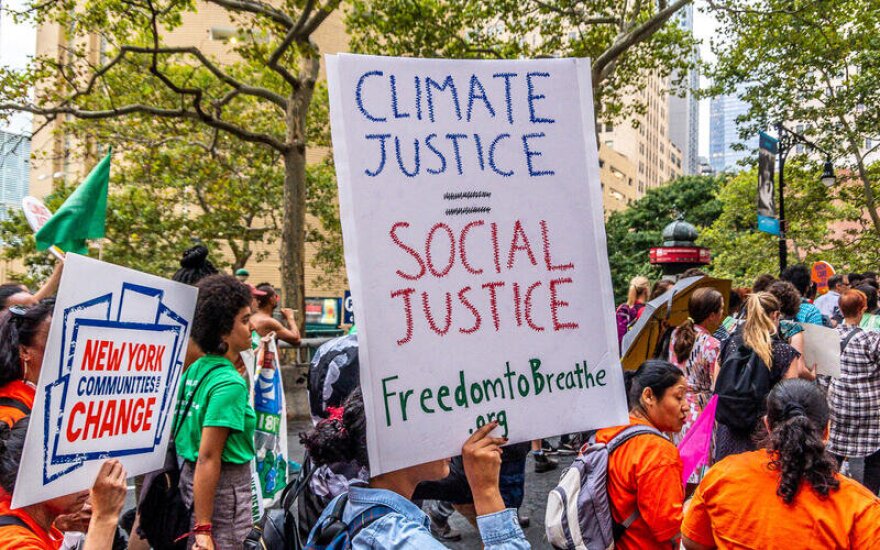More than 50 years have passed since the United States banned red-lining, a practice that directed bank investments into predominantly white neighborhoods and withheld it from minority communities. Researchers have shown the effects continue to echo in homeownership rates, home values, and access to credit. Now, scientists are showing one more impact. Redlined communities are more at risk under climate change.
Jeremy Hoffman is an interdisciplinary climate scientist at the Science Museum of Virginia in Richmond – and the co-author of a recent paper on the long-term effects of redlining on environmental risk exposure.




